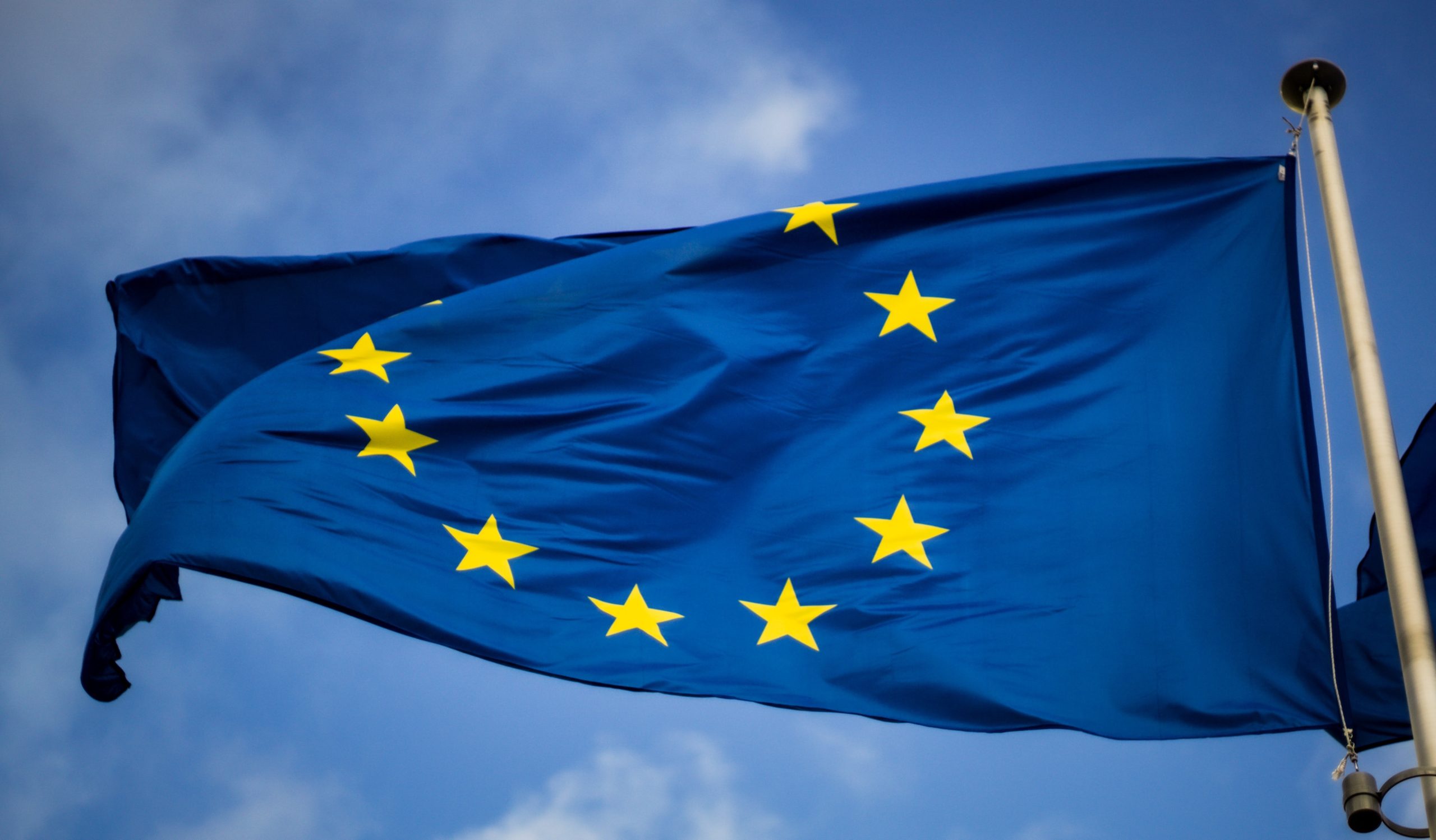At the beginning of this month the Court of Pinerolo held an interesting decision concerning Google’s auto-complete service.
The case can be summarized as follows. An entrepreneur searches its own name on Google and finds that the words “arrested” and “under investigation” are included among the suggestions for the query. Thus he sends a notice to Google Inc., requesting the removal of these suggestions, which are considered defamatory, as long as they offend its reputation. It has to be remarked, however, that this person has never been arrested or involved in criminal cases.
After the receipt of this notice, Google refuses to comply with the above mentioned request, stating that the auto-complete function works automatically, using an algorithm based on the queries carried out by the users. Therefore, the association of the name of the entrepreneur to certain words – even if not appreciated by this person – depends solely on the queries done by Google users.
The opinion of the court which has decided the case is interesting for at least three reasons.
Firstly, it overrules a precedent of the Court of Milan, held on March 2011, which considered Google liable for the association between a name and the words “scam” and “swindler”.
Similarly, already on September 2010, the Court of Paris had applied the French Press Law of 1881, denying the intermediary role of Google, even if using an algorithm, because it was in the condition to change the suggestions proposed to the users.
On the contrary, the Court of Pinerolo stated that the suggest/auto-complete function only shows that “a number of users has recently used the search engine to know if Mr. X is (or has been) investigated or arrested”.
A second aspect seems interesting too. In the case of auto-complete, there cannot be a defamation as long as there is no malice in the action committed. Then, according to the judge, the automatic association generated by the algorithms used by Google, “is not a statement, but has to be compared – taking into account the aims of the function – to a question”.
Last but not least, the decision holds that the service provided by Google is an intermediary service, covered by the Legislative Decree No. 70 of 2003 (the decree which has transposed the European Directive on e-commerce), and must be included in the notion of “hosting”.
In other words, Google should play a purely technical role, not selecting the suggestions and, as such, it may benefit from the limitations of liability provided for ISPs.
A New Italian Decision on Google Suggest and Defamation
0
Share.


